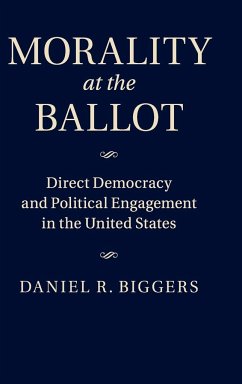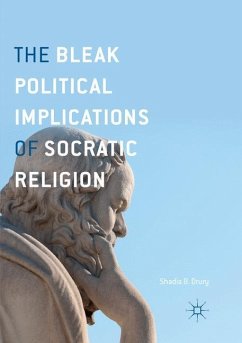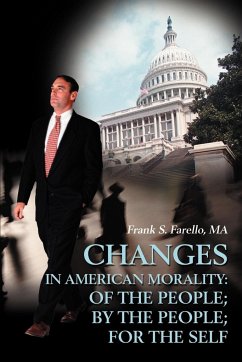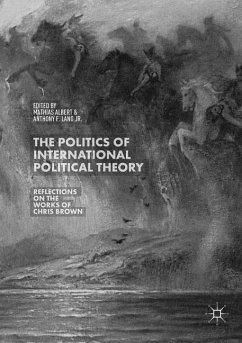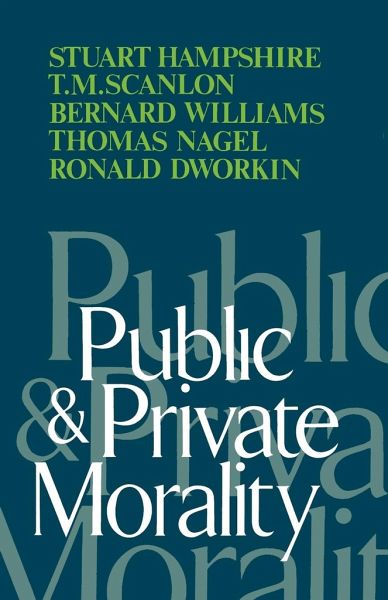
Public and Private Morality
Versandkostenfrei!
Versandfertig in 1-2 Wochen
37,99 €
inkl. MwSt.

PAYBACK Punkte
19 °P sammeln!
How far can we apply the same moral principles to both public and private behaviour? In the interests of effective political action, are we right to accept acts of deceit, exploitation or force which we would regard as unacceptable in private relations with individuals? What means can be properly adopted in the promotion of great public causes? The problem of 'dirty hands' in politics was posed most strikingly by Machiavelli. It has re-emerged this century in a pressing and, to some extent, a new form, in connection with the two World Wars and more recently the Vietnam War, where the political...
How far can we apply the same moral principles to both public and private behaviour? In the interests of effective political action, are we right to accept acts of deceit, exploitation or force which we would regard as unacceptable in private relations with individuals? What means can be properly adopted in the promotion of great public causes? The problem of 'dirty hands' in politics was posed most strikingly by Machiavelli. It has re-emerged this century in a pressing and, to some extent, a new form, in connection with the two World Wars and more recently the Vietnam War, where the political decisions and the destruction, and risks of destruction, have been of a scale and character not previously experienced. The contributors to this volume examine the background to this problem in moral and political theory. Stuart Hampshire, Bernard Williams and Thomas Nagel consider the continuities and discontinuities between public and private morality and the modes of rationality that might be appropriate to each. T. M. Scanlon and Ronald Dworkin consider more generally the type of moral claim on which political arguments turn; they look for a rational foundation for contemporary liberal attitudes. The volume will be of interest to students of political theory and ethics, and to anyone concerned with or about political issues and political life.






